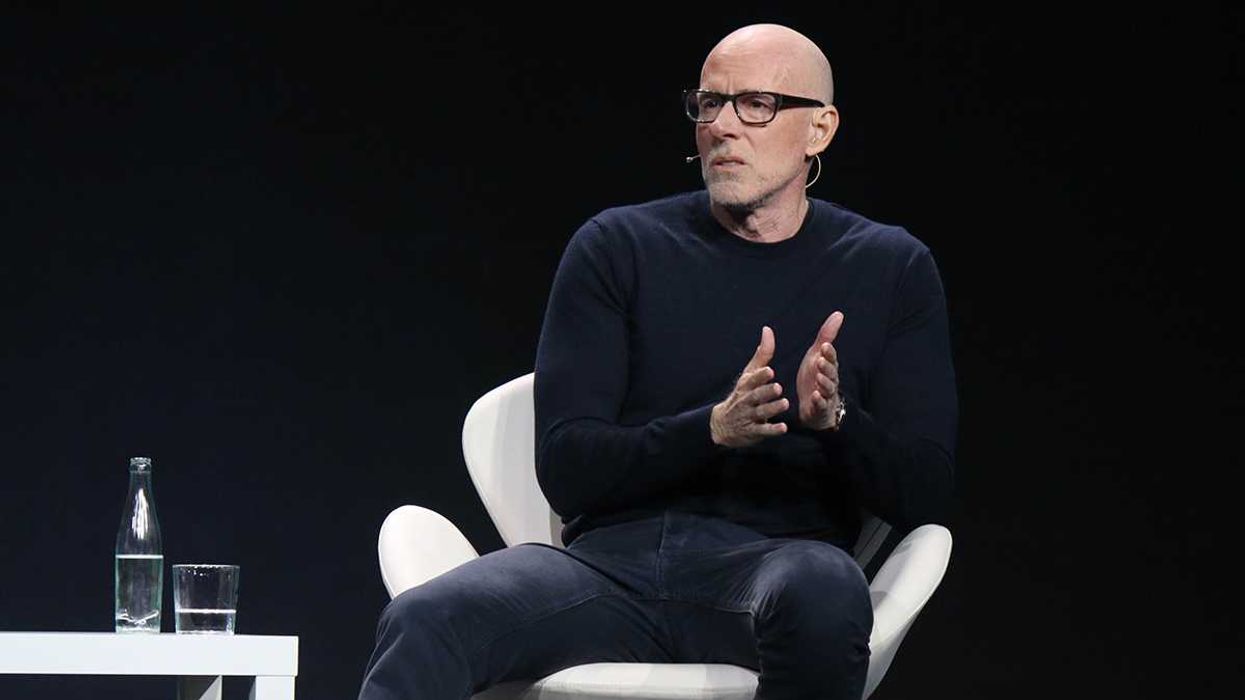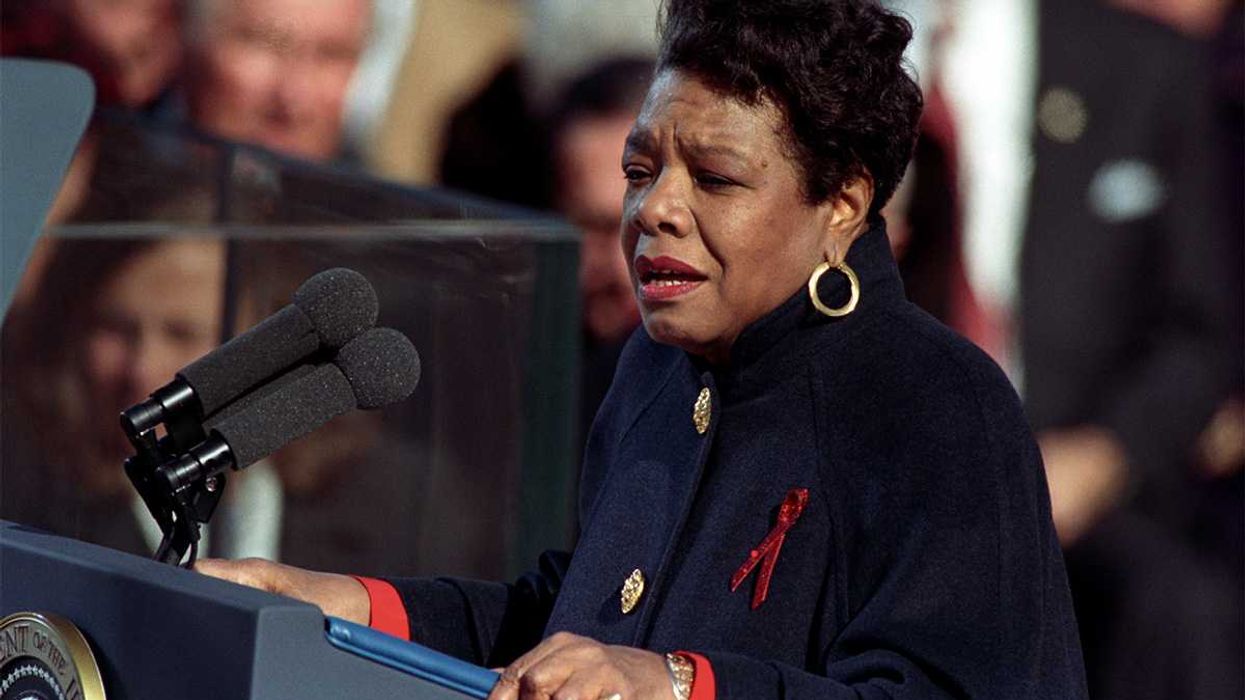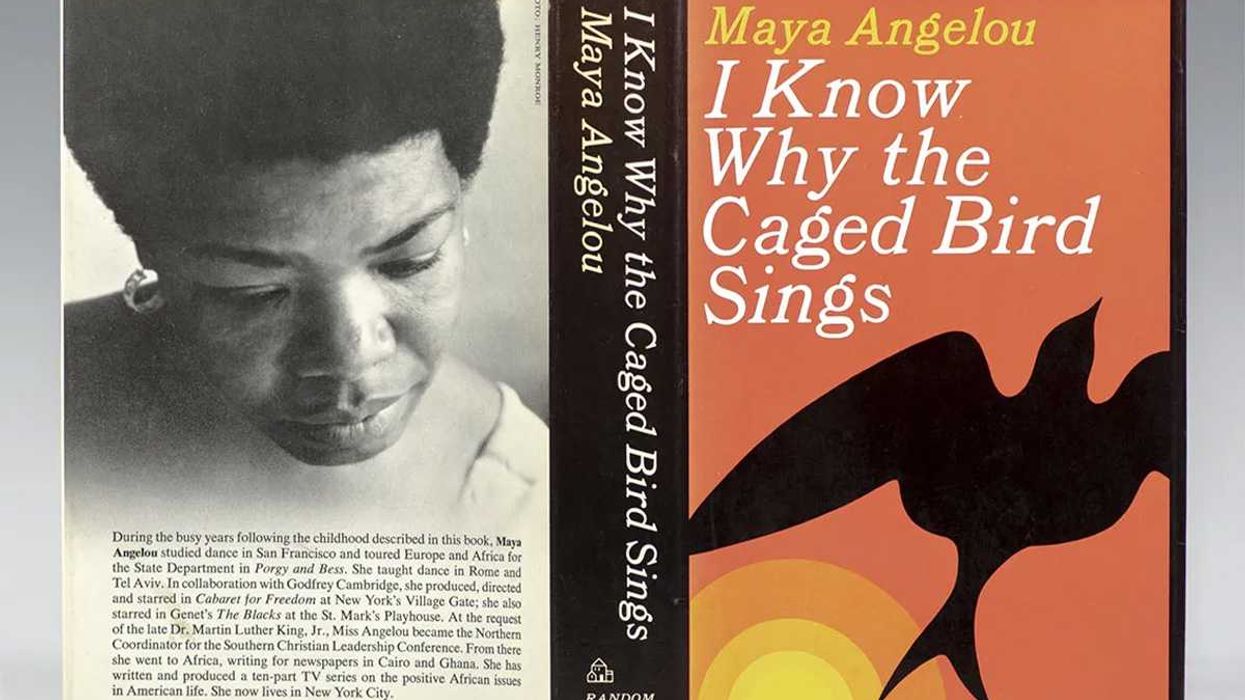Insecurity is one of the cruelest forms of self-sabotage, an emotion that tends to creep in at our most pivotal moments: a date, a big meeting, a test—choose just about any major life event, it can feel like a challenge to win over that tiny voice in your head that says, “You suck at this!” and “Why even bother?”
Now imagine trying to battle those thoughts in front of a global audience. Picture the self-doubt that could undo decades of training for a once-in-a-lifetime opportunity. Did you practice hard enough? Eat right? Lift the right amount of weight? Reach the perfect height in your double layout into a front tuck?
The answer you should be repeating over and over again in your head? Hell yes, you did.
At least that’s the key strategy among some of the world’s finest Olympic athletes. GOOD sat down with several of them during a media event this past spring in Los Angeles and posed a straightforward question: How do you, an athlete at the pinnacle of sport, overcome the scheming voice in your head called doubt? We might not be up for any gold, but we still can take away a few tips and live life like Aly Raisman, Gabby Douglas and the others below.
Aly Raisman
“I think just practice, so when you compete you don’t have any doubt in your mind. Because if you have one percent doubt, that one percent can throw you off.”
Sam Mikulak
“The best thing that has really stood out for me stemmed from mindfulness training when I was in college. Anything where I’m just focusing on my breathing. It’s called ‘the routine before the routine.’ I just make sure that everything I do before is nothing new, nothing negative—I’m just flooding my mind with positive thoughts and encouraging words. I try to keep that the same even in training, before every routine I do. So there’s nothing new, nothing I’m not prepared for for the Olympic Games.”
Gabby Douglas
“You really have to just cast that out and just believe the time you were given is for a reason. And you have to believe and be positive in what you do.”
Donnell Whittenburg
“Usually I just try to go out there and see if I can do the routine the best I can. Usually when it does happen then all doubts go away. Then it’s like, ‘Alright, cool, I’ve done this before, I can definitely do it again.’ “
Madison Hughes
[quote position="right" is_quote="true"]I’m just flooding my mind with positive thoughts and encouraging words.[/quote]
“I always come back to knowing that we’ve worked really hard as a team, (and) I’ve worked really hard as an individual. I’ve practiced everything I’m doing so many times that if I doubt myself, I can come back to that — that I’ve practiced this thing so I know I can do it. Also, I love being a part of a team sport because any time I’m doubting myself I can go to one of my teammates and say, ‘Hey, this is how I’m feeling,’ and they can reassure me, help me know, ‘OK, I’ve got you.’
“It is easy to feel doubt, and when things don’t go your way on the field, when you have setbacks, when you lose a game you should’ve won, it’s easy to say, ‘Can I compete at this level?’ Having your team that’s around you, having that support structure, is always really helpful.”
















 Maya Angelou reciting her poem "On the Pulse of Morning" at President Bill Clinton's inauguration in 1993.William J. Clinton Presidential Library/
Maya Angelou reciting her poem "On the Pulse of Morning" at President Bill Clinton's inauguration in 1993.William J. Clinton Presidential Library/  First edition front and back covers and spine of "I Know Why the Caged Bird Sings."Raptis Rare Books/
First edition front and back covers and spine of "I Know Why the Caged Bird Sings."Raptis Rare Books/ 

 Tow truck towing a car in its bedCanva
Tow truck towing a car in its bedCanva  Sad woman looks at her phoneCanva
Sad woman looks at her phoneCanva  A group of young people at a house partyCanva
A group of young people at a house partyCanva  Fed-up woman gif
Fed-up woman gif Police show up at a house party
Police show up at a house party 
 A trendy restaurant in the middle of the dayCanva
A trendy restaurant in the middle of the dayCanva A reserved table at a restaurantCanva
A reserved table at a restaurantCanva Gif of Tim Robinson asking "What?' via
Gif of Tim Robinson asking "What?' via 

 An octopus floating in the oceanCanva
An octopus floating in the oceanCanva
